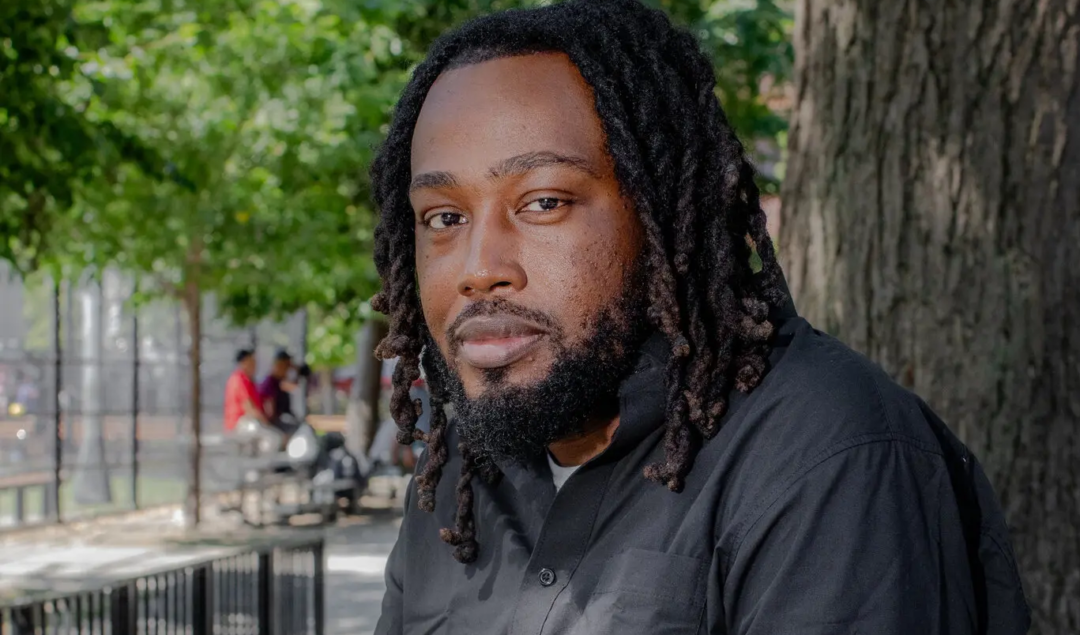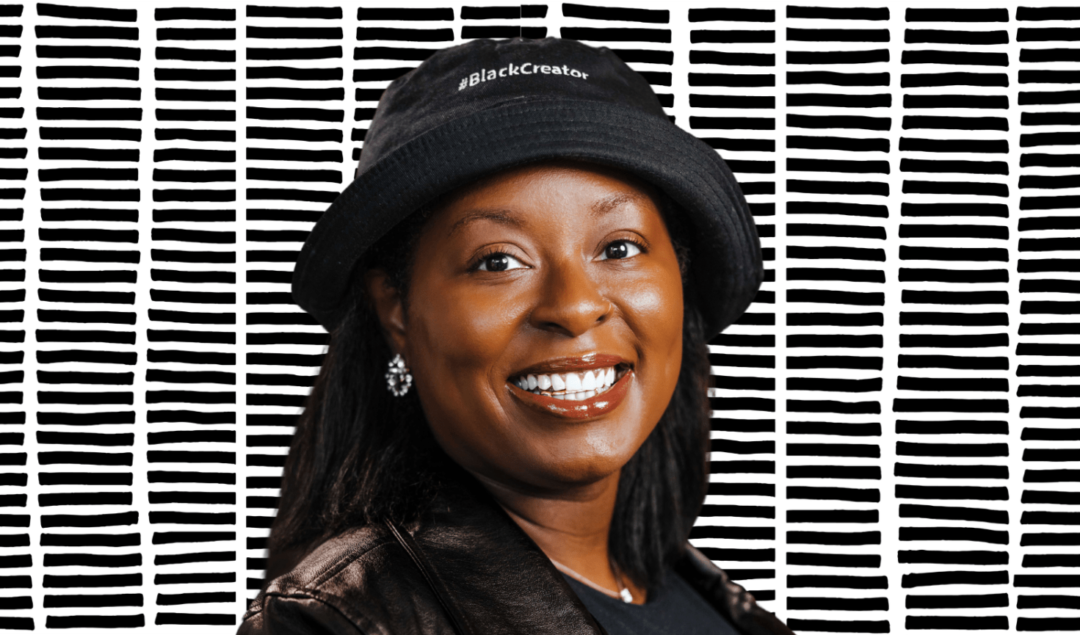The temporary surge in funding for Black startup founders after George Floyd’s murder was driven largely by investors who had never previously backed a Black entrepreneur, and most showed only surface-level support, new research from Cornell University shows. Funding returned to prior levels within two years. Cornell researchers analyzed PitchBook data on venture funding from 2020 to 2023, using algorithms and manual review to classify the race of 150,000 founders and 30,000 investors. Surge in funding in the wake of Black Lives Matter The researchers found that at the height
Wells Fargo has quietly changed its public-facing DEI language, removing all diversity language, according to HR Brew. The outlet compared the financial services company’s current website with an earlier version recovered from an internet archive. The program is now framed as “inclusion and accessibility,” a rebrand that mirrors a wider corporate trend of softening or rephrasing diversity commitments amid political and legal backlash. Wells Fargo quietly deleting DEI from its website In February, Wells Fargo announced that it would no longer need hiring managers to consider a diverse slate of candidates
The UK wants more African companies to choose London when raising money on the stock market, a British trade official told Semafor. Tracey Austin, a senior director at the Department for Business and Trade (DBT), said attracting more African IPOs has become a top priority. “The UK is trying to be more inventive to sell London as a financial services center from where companies can attract global capital, not just a place to do business in and leave,” Austin said. African Companies Are Already Raising Billions in London Between 2010
Troodie, a new AI-powered social commerce platform, is using AI to bridge the gap between viral food content and real-world diner behavior, helping diners discover food spots, influencers earn, and restaurants grow. “That place you saw on TikTok? Save it on Troodie, keep scrolling, and know that you’ll be reminded to stop by,” the company states on its website. Founded by Charlotte-based entrepreneur Taylor Davis, Troodie officially launched last month during National Black Business Month. Helping Diners Save, Organize, and Visit Food Finds Between social media, word of mouth, and
Civil rights and privacy advocates are demanding an investigation into the New York Police Department’s (NYPD) use of facial recognition technology after it led to a Brooklyn father’s wrongful arrest, as first reported by The New York Times. The Legal Aid Society is now calling for a formal investigation, accusing the NYPD of violating its own policies around the use of facial recognition. Human rights organizations are also renewing calls for a complete ban on the technology. Brooklyn Father Wrongfully Arrested Trevis Williams, 36, was arrested in April after NYPD
The current job market is tough. In the tech market specifically, employment across all sectors declined by approximately 214,000 jobs in April, according to the tech trade association CompTIA, which analyzes data from the Bureau of Labor Statistics. It’s even harder for Black workers to find a job as unemployment among Black Americans rose to its highest level in more than three years. In June, the jobless rate for Black Americans increased to 6.8%, up from 6% in May, according to the Labor Department, as reported by CNN. So, how can you stand
Sahel Capital, a private investment firm dedicated to expanding Africa’s agribusiness sector, has announced that its Social Enterprise Fund for Agriculture in Africa (SEFAA) has secured a $10 million investment from the Mastercard Foundation Africa Growth Fund. The partnership, funded by MEDA Mauritius, will contribute to expanding financing for small and medium-sized agribusiness enterprises across sub-Saharan Africa. “Since the inception of the Fund in 2021, we have processed 33 facilities to 18 companies in 7 countries in SSA”, Mezuo Nwuneli, Managing Partner of Sahel Capital, said in a press release. SEFAA’s strengthening
Mykel B Davis, CEO of Muscle Up Mommy and creator of MUMFEST health and wellness festival, is set to relaunch Muscle Up Mommy online store during Black Breastfeeding Week. The relaunch brings back its sought-after wearable Breast Pump. “Muscle Up Mommy is making a bold statement: access, innovation, and representation in maternal health should not be optional—they’re essential,” Davis said in a press release shared with POCIT. Disparities in breastfeeding Black women in the US face significant disparity in breastfeeding rates, with lower rates of initiation and duration compared to white
Tariqua “Tai” Nehisi, founder of Organizely, an AI-powered future workplace platform, is set to launch Tulsa Tech Week on Sept. 22. After launching her startup in 2021, Nehisi found herself in Tulsa, Oklahoma, for a program called Tulsa Remote in the following year. “I made a decision to move here at least for the year and see what Tulsa looked like. And in that moving here, I came at a time when there was a really great concerted effort to support the rebuilding of Black Wall Street through a technical lens with Black- and brown-focused
The Rev. Al Sharpton is preparing to march against Donald Trump’s attacks on DEI efforts. His organization, the National Action Network, is hosting its annual march on Thursday, August 28th. This year, the march will start at the African Burial Ground National Monument at 10 a.m. and then head to Wall Street. In an interview with NY1 political anchor Errol Louis on “Inside City Hall,” Sharpton said businesses need to be held accountable. Typically, Sharpton and his organization march on Washington to remember Martin Luther King’s 1963 ‘I had a













